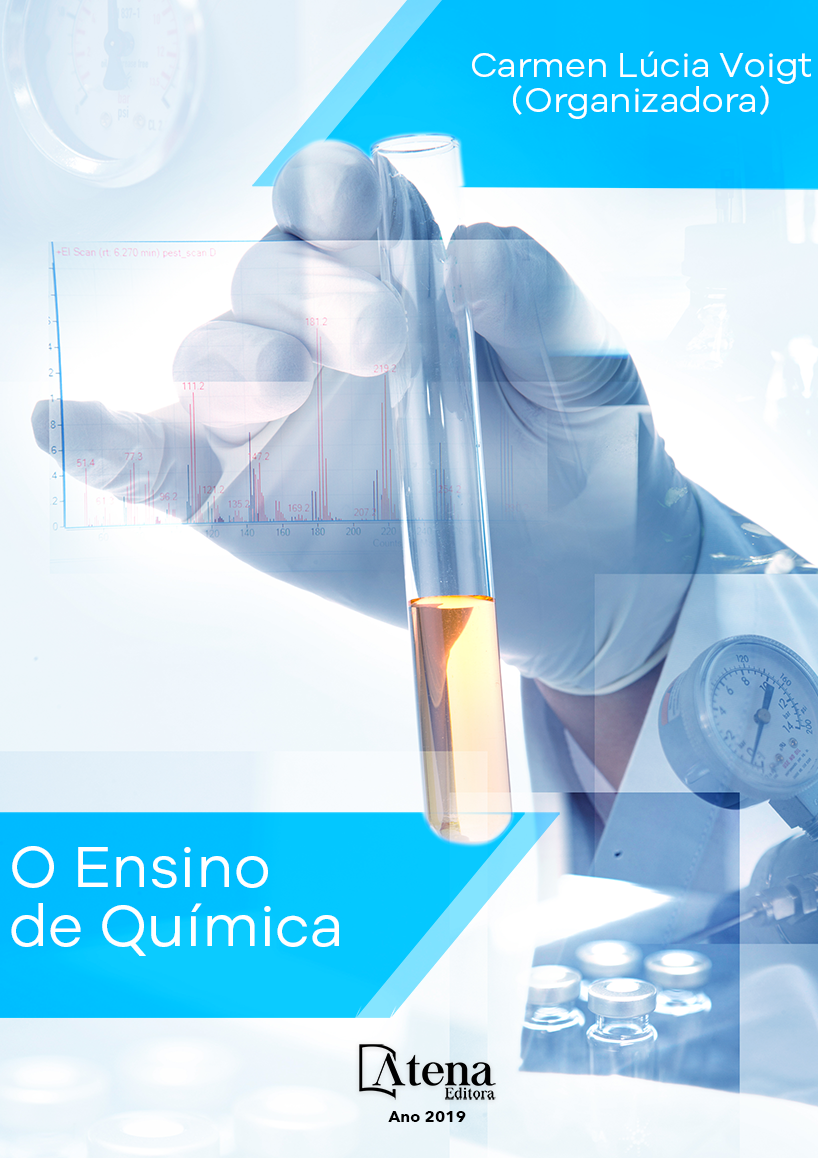
APRENDIZAGEM BASEADA EM PROBLEMAS: UMA FERRAMENTA PARA O ENSINO DE QUÍMICA INORGÂNICA NUM CURSO DE LICENCIATURA EM QUÍMICA
Observando o elevado ingresso
nas instituições de ensino superior surge uma
preocupação que se refere à necessidade de
repensar os processos formativos, objetivando
aproximar ainda mais o aluno da sua futura
profissão. Com isto, propôs-se uma intervenção
utilizando como metodologia a Aprendizagem
Baseada em Problemas para os alunos da
disciplina de Química Inorgânica I do curso de
Licenciatura em Química da UFES, campus São
Mateus. Assim, foram propostos problemas que
buscavam retratar casos ligados ao cotidiano
dos professores, envolvendo a Química
Inorgânica e Metodologias de Ensino. Os
dados foram obtidos a partir de um estudo de
caso qualitativo, em que foi possível perceber
maior motivação dos alunos na busca pela
resolução do problema, além dos debates que
permearam questões relacionadas ao cotidiano
dos professores, apontando para uma possível
alternativa dentro do contexto do repensar os
processos formativos.
APRENDIZAGEM BASEADA EM PROBLEMAS: UMA FERRAMENTA PARA O ENSINO DE QUÍMICA INORGÂNICA NUM CURSO DE LICENCIATURA EM QUÍMICA
-
DOI: 10.22533/at.ed.8901926049
-
Palavras-chave: Aprendizagem Baseada em Problemas, Ensino Superior, Química Inorgânica
-
Keywords: Problem-based learning, Higher Education, Inorganic Chemistry
-
Abstract:
Noting the high enrollment in higher
education institutions there is a concern about
the need to rethink the formative processes,
in order to approach the student of your future
profession. With this proposed an intervention
using the methodology Problem Based
Learning for students of the subject of Inorganic
Chemistry I of course degree in chemistry of
UFES, campus São Mateus. Problems were
proposed to portray cases linked to the daily life
of teachers, involving the inorganic chemistry
and teaching methodologies. The data were
obtained from a qualitative case study, it was
possible to perceive greater motivation of
students in the pursuit of solving the problem,
in addition to the discussions that permeated
issues related to everyday life of teachers,
pointing to a possible alternative in the context
of rethinking the formative processes.
-
Número de páginas: 15
- WANDERSON GUIMARÃES BATISTA GOMES
- ANA NERY FURLAN MENDES
- ROBERTA MAURA CALEFI


